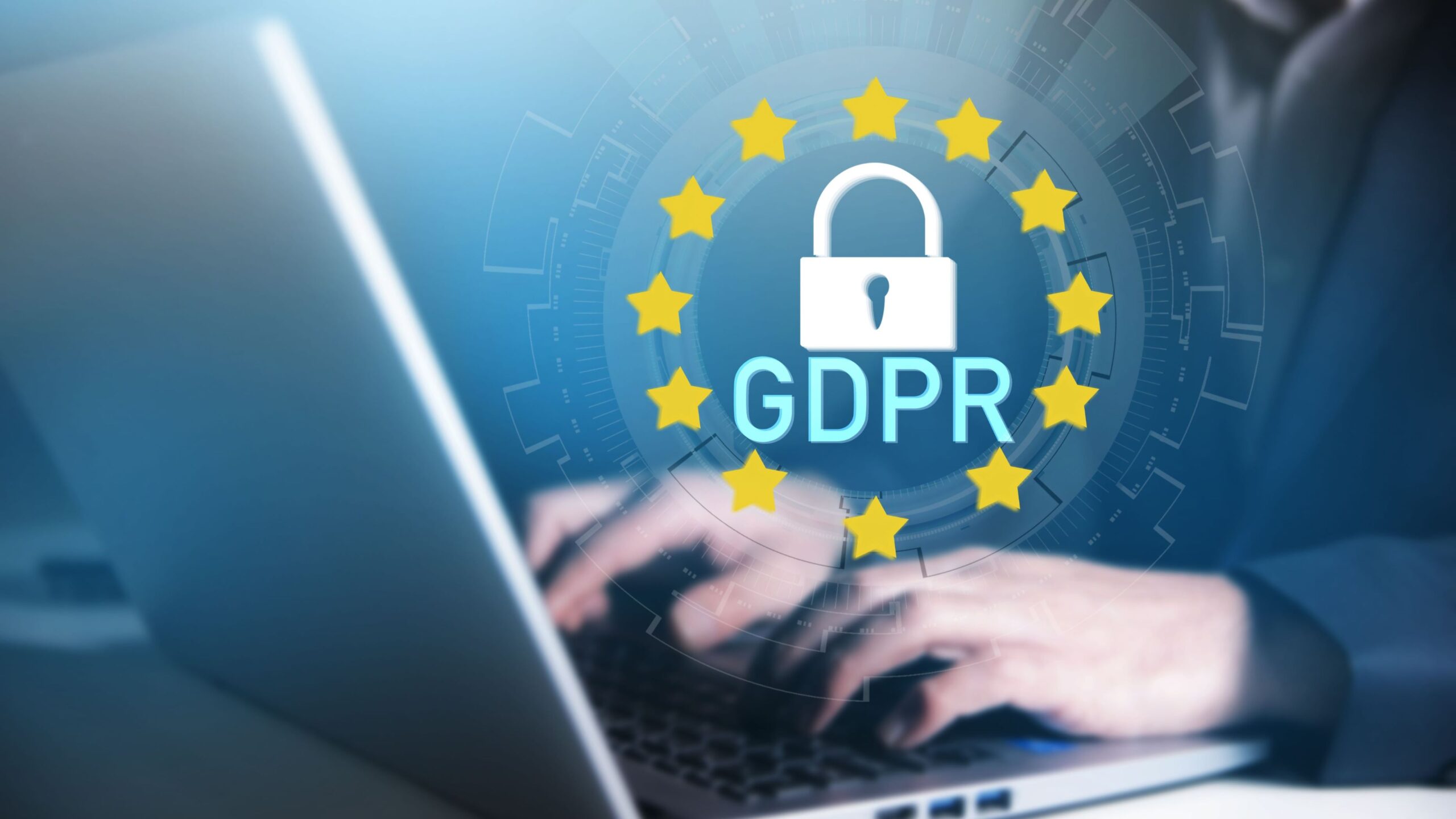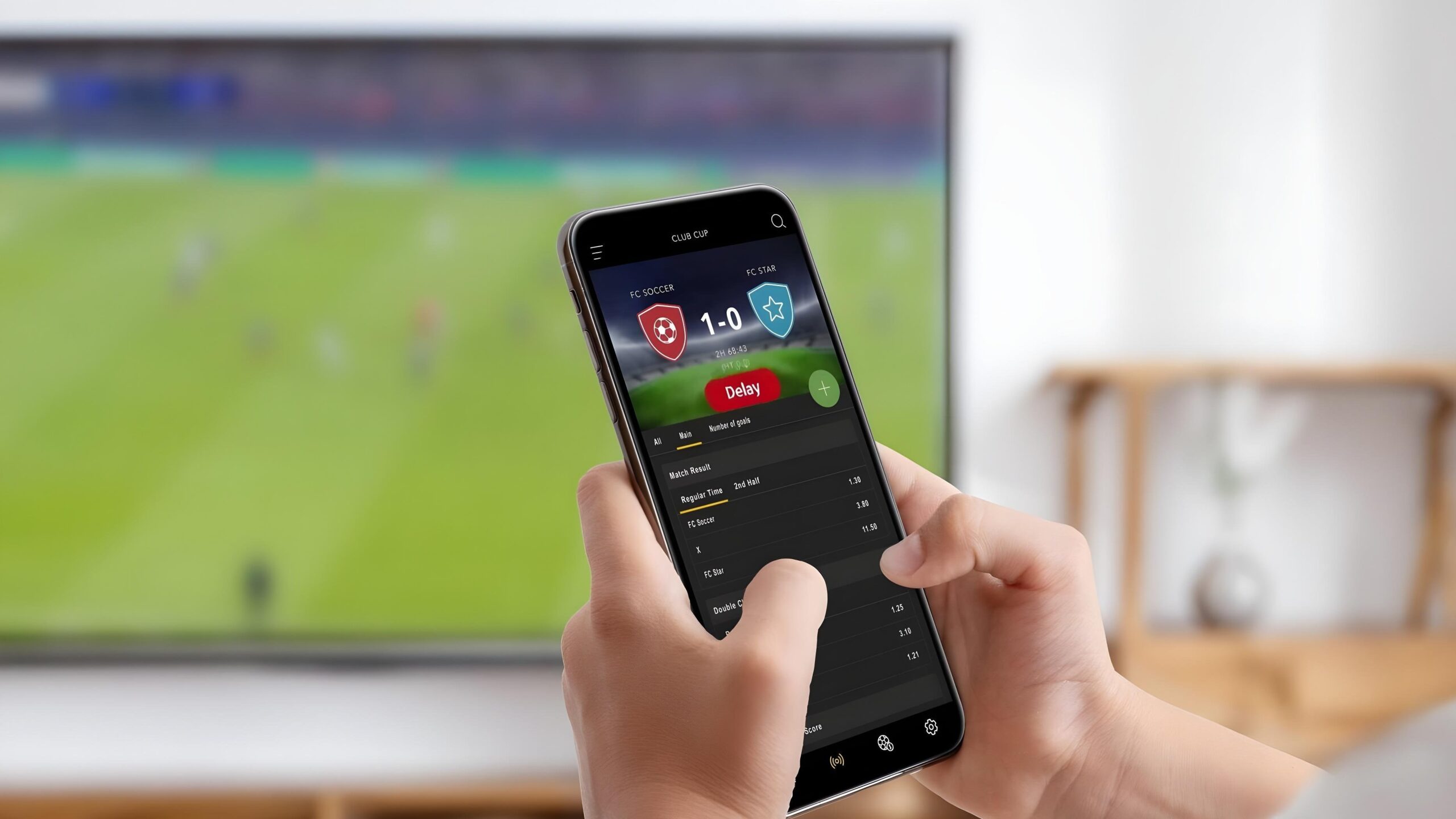When it comes to online gambling in India, the question of safety is paramount. Many players are cautious about sharing personal details, such as identification (ID) with online casinos. This concern is entirely valid, especially in an era where data breaches and identity theft are common. But, is it safe to share your ID with Indian online casinos? Let’s dive deep into this topic and unpack the safety measures, regulations, and practices that ensure the security of your personal information.
Understanding the Importance of ID Verification in Online Casinos
Online casinos in India operate under a complex web of legal and regulatory expectations, and one of the primary tools they use to stay compliant is ID verification. This process might seem intrusive at first, but it plays a crucial role in building a secure and legally compliant gambling environment. When players submit their ID, it allows the platform to confirm their identity, age, and address—all essential elements for responsible gambling practices. Without these safeguards, online casinos would be vulnerable to illegal activities and could easily be exploited by bad actors.
One of the main reasons ID verification exists is to ensure that only individuals who are legally allowed to gamble can access real-money games. The legal gambling age in India varies by state, but it’s generally set at 18 or 21. Online casinos must verify a player’s age to avoid hefty fines and possible license suspension for allowing underage gambling. This step also protects younger individuals from getting caught in potentially harmful gaming habits before they’re mature enough to understand the risks involved.
Fraud prevention is another major reason behind these checks. In a digital space where anonymity can be misused, verifying someone’s identity ensures that accounts aren’t being created with stolen credentials or used for money laundering. It also helps in detecting duplicate accounts or other dishonest practices aimed at exploiting welcome bonuses and promotional offers. By authenticating each user through official documents like Aadhaar cards, passports, or utility bills, casinos can significantly reduce the risk of fraudulent behavior.
Additionally, in a country like India where gambling laws vary from state to state, operators must strictly adhere to regional regulations. The ID verification process helps them stay compliant by confirming where the user is accessing the site from. For instance, if gambling is illegal in a particular state, casinos must block access from that region. Without proper ID checks, enforcing such location-based restrictions would be impossible. Overall, ID verification isn’t just about paperwork—it’s the backbone of a trustworthy and legally sound gaming experience.
Are Indian Online Casinos Regulated?
Understanding the regulatory landscape of online casinos in India is essential before handing over any personal identification. The regulation of online gambling in India is not straightforward—it exists in a legal gray area due to the absence of a unified federal policy. While physical gambling is mostly regulated at the state level, online gambling laws are still evolving. As a result, some platforms operate legally under specific jurisdictions, while others may function without proper oversight, putting players at risk. To make an informed decision, it’s important to distinguish between regulated and unregulated casinos through a detailed lens:
- Regulated by Indian State Authorities: Some Indian states like Goa and Sikkim have taken steps to regulate online gambling. Casinos licensed in these regions are required to follow strict compliance protocols, including ID verification, anti-money laundering practices, and regular audits.
- Licensed by International Authorities: Many reputable Indian-facing online casinos are licensed by well-known international regulators such as the Malta Gaming Authority (MGA), the United Kingdom Gambling Commission (UKGC), or the Government of Curacao. These licenses ensure the casino adheres to global standards of fairness, security, and responsible gaming.
- Subject to Regular Audits and Oversight: Regulated casinos undergo periodic reviews and technical audits by third-party organizations like eCOGRA to ensure game fairness and proper handling of user data. This adds another layer of trust and transparency for players who share sensitive documents.
- Offers Secure Payment Gateways and Encrypted Transactions: Legal casinos use SSL encryption, firewalls, and verified banking systems to protect user financial and identity information. This secure infrastructure is a hallmark of a regulated environment and a strong sign that it’s safe to upload your ID.
- Has Clearly Defined Terms and Responsible Gaming Policies: Legitimate platforms publish transparent terms of service, privacy policies, and responsible gaming tools (like self-exclusion and deposit limits), all of which are signs of a casino operating under legal oversight.
Safety Features of Regulated Online Casinos in India
| Safety Feature | Description | How It Works | Why It Matters | Player Benefit |
| SSL Encryption Technology | Secure Socket Layer (SSL) encryption ensures that data transferred between your browser and the casino remains private. | All information is encrypted using 128-bit or 256-bit protocols to prevent unauthorized access. | Prevents hackers from reading your login details, personal data, or payment info. | Keeps your sensitive data safe from cybercriminals and identity theft. |
| Data Privacy Policies | Regulated casinos publish clear privacy policies outlining how user data is collected, stored, and shared. | Compliance with global data protection laws like GDPR or India’s IT Act. | Informs you about how your information will be used, and ensures casinos can be held accountable. | Gives you control and transparency over your personal data. |
| Secure Payment Gateways | Trusted online casinos integrate only verified and encrypted payment systems for deposits and withdrawals. | Payment platforms like UPI, NetBanking, Paytm, and crypto are integrated with multi-layer security protocols. | Reduces the risk of payment fraud, unauthorized access, and fund manipulation. | Ensures safe and quick money transfers with minimal risk of loss. |
| Responsible Gambling Tools | Tools designed to help players maintain control of their gambling habits and prevent addiction. | Includes deposit limits, wager caps, time-outs, and permanent self-exclusion options. | Demonstrates the casino’s commitment to ethical practices and player welfare. | Encourages healthy gaming behavior and offers a safety net if gambling becomes problematic. |
| Account Verification (KYC) | Know Your Customer (KYC) checks are required by law to verify identity, prevent fraud, and ensure responsible gaming. | Players must submit valid ID, proof of address, and sometimes a selfie for confirmation. | Protects the casino and players from money laundering, identity theft, and underage gambling. | Confirms your identity securely and ensures fair play on the platform. |
| Regulatory Oversight | Licensed platforms are audited by gaming commissions to ensure fairness, financial transparency, and user protection. | Regular audits, game testing (RNG), and regulatory compliance are enforced by bodies like MGA or Sikkim authorities. | Guarantees that the casino follows legal and ethical standards. | Lets you play with peace of mind knowing the platform is legitimate and monitored. |
What to Look for Before Sharing Your ID
Even though many online casinos are secure and trustworthy, it’s important to remain cautious before submitting your identification documents. Here are some key factors to consider to ensure that you’re sharing your ID with a legitimate and safe casino.
First and foremost, check whether the casino is properly licensed and regulated. A licensed casino operates under the oversight of a governing body, which ensures that the platform adheres to strict rules and regulations. For players in India, it’s essential to verify whether the casino holds a license from reputable authorities like the Goa or Sikkim government. These regions are known for their regulated online gambling environments. If the casino is based offshore, it should be licensed by respected jurisdictions such as Curacao, Malta, or the UK Gambling Commission. A valid license demonstrates that the casino is trustworthy and complies with local and international gambling laws.
Next, pay attention to reviews and reputation. One of the best ways to evaluate the reliability of an online casino is by reading player reviews. Many websites offer detailed casino reviews, where real players share their experiences with different platforms. Websites like CasinoGuru, AskGamblers, or even user feedback on forums can provide valuable insights into the casino’s credibility. If a casino has numerous negative reviews regarding payment issues, customer support, or other concerns, it’s a red flag. Conversely, positive reviews and a solid reputation often indicate that a casino is worth considering.
Website security features are another critical consideration. Before sharing your ID with an online casino, ensure that the site has robust security measures in place to protect your personal and financial information. Look for signs of SSL encryption, which ensures that all data transferred between you and the casino is securely encrypted. A trustworthy casino will also employ firewalls and other protective technologies to prevent unauthorized access to their systems. These security measures should be clearly stated on the website, usually within the privacy policy or terms of service. A casino that openly shares its security protocols demonstrates its commitment to protecting its players.
Potential Risks of Sharing Your ID with Unregulated Casinos
When it comes to sharing your personal information with online casinos, the risks increase significantly when dealing with unregulated platforms. These casinos may not adhere to the same security measures and legal standards as regulated ones, putting your personal data and finances in jeopardy. Here are the key risks you face when sharing your ID with unregulated casinos:
- Identity Theft
One of the most significant dangers of sharing your ID with an unregulated casino is identity theft. If the platform lacks robust security protocols, there’s a chance that cybercriminals can gain access to your sensitive personal data, such as your ID, bank account details, and payment methods. This information could then be used for illegal activities, causing long-term damage to your financial security and personal reputation. - Fraudulent Practices
Unregulated casinos are not subject to oversight from any reputable gambling authorities. As a result, these platforms may engage in dishonest or fraudulent practices, including withholding winnings, manipulating games, or altering odds to their advantage. Players may find themselves unable to claim their legitimate winnings or experience unfair treatment when seeking refunds. Since there is no regulatory body to turn to, it’s difficult to resolve such disputes or hold the casino accountable for its actions. - Data Misuse
Unregulated online casinos often don’t follow strict data protection and privacy protocols, meaning your personal information could be misused. Your data could be sold to third parties for marketing purposes or used in ways you never consented to. Some casinos may even bombard you with unsolicited marketing emails or sell your information to other businesses, which could lead to a spam-filled inbox and even potential scams. - No Legal Recourse
In the event of a dispute, players who share their personal information with unregulated casinos often have no legal recourse. Since these casinos operate outside the boundaries of Indian law, there is no legal framework to protect your rights as a player. If something goes wrong—whether it’s a payment issue, fraud, or unfair gameplay—players have limited or no options for pursuing justice. This lack of legal protection can lead to significant losses, and most players are left with no choice but to accept their fate.
How to Protect Yourself When Sharing Your ID
| Tip | Description | Why It’s Important | How It Helps | Additional Advice |
| Use Strong Passwords | Always use a strong, unique password for your casino account. Avoid simple or easily guessable passwords, like your name or birthdate. | Strong passwords help prevent unauthorized access to your account. | Reduces the risk of account hacking and unauthorized access. | Consider using a password manager to generate and store complex passwords. |
| Enable Two-Factor Authentication (2FA) | Whenever possible, enable two-factor authentication (2FA) on your online casino account. This adds an additional layer of security to your login process. | 2FA adds another level of protection by requiring both your password and a one-time code sent to your mobile device. | Ensures that even if your password is compromised, unauthorized access to your account is prevented. | Use an authentication app like Google Authenticator or SMS-based 2FA for better protection. |
| Avoid Public Wi-Fi | Never access your casino account through public Wi-Fi networks. Instead, use a trusted, private connection or a Virtual Private Network (VPN). | Public Wi-Fi networks are often unsecured, making it easier for hackers to intercept your personal data. | Protects your login credentials and personal data from being intercepted by cybercriminals. | Use a reliable VPN to encrypt your internet connection and prevent unauthorized monitoring. |
What Happens After You Share Your ID with an Online Casino?
Once you submit your ID to an online casino, the platform begins the process of verifying your identity to ensure that it matches the information you’ve provided. This step is a crucial part of the casino’s commitment to security, and it helps prevent fraudulent activities, such as money laundering or underage gambling. Typically, the verification process can take anywhere from a few hours to a couple of days, depending on the casino’s system and the volume of verifications they are handling at the time. During this period, the casino will cross-check the details you’ve submitted with public records or other available data to confirm your identity.
In addition to your ID, many casinos also request a proof of address to further verify your identity. This could be a utility bill, bank statement, or any official document that clearly shows your name and current address. This extra step is necessary to ensure that the details provided are accurate and prevent anyone from using fake or stolen information to create an account. Some casinos may also ask for additional documents, such as a selfie with your ID, as a further security measure. These procedures are designed to protect both you as a player and the casino itself from potential legal and financial issues.
Once your identity and address are verified, the casino typically updates your account status to “verified,” allowing you to start playing real-money games, make deposits, and withdraw funds. At this point, you can fully enjoy the benefits of the casino, including accessing various promotions, bonuses, and other player rewards. Verification also helps speed up the withdrawal process, as the casino will already have your information on file, reducing the risk of delays or complications when you request your winnings.




